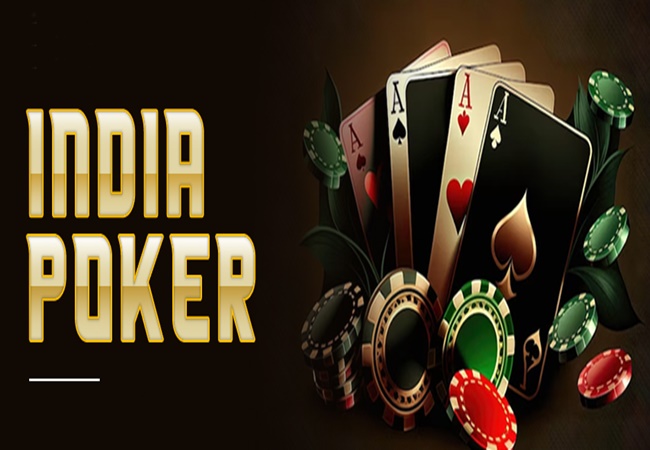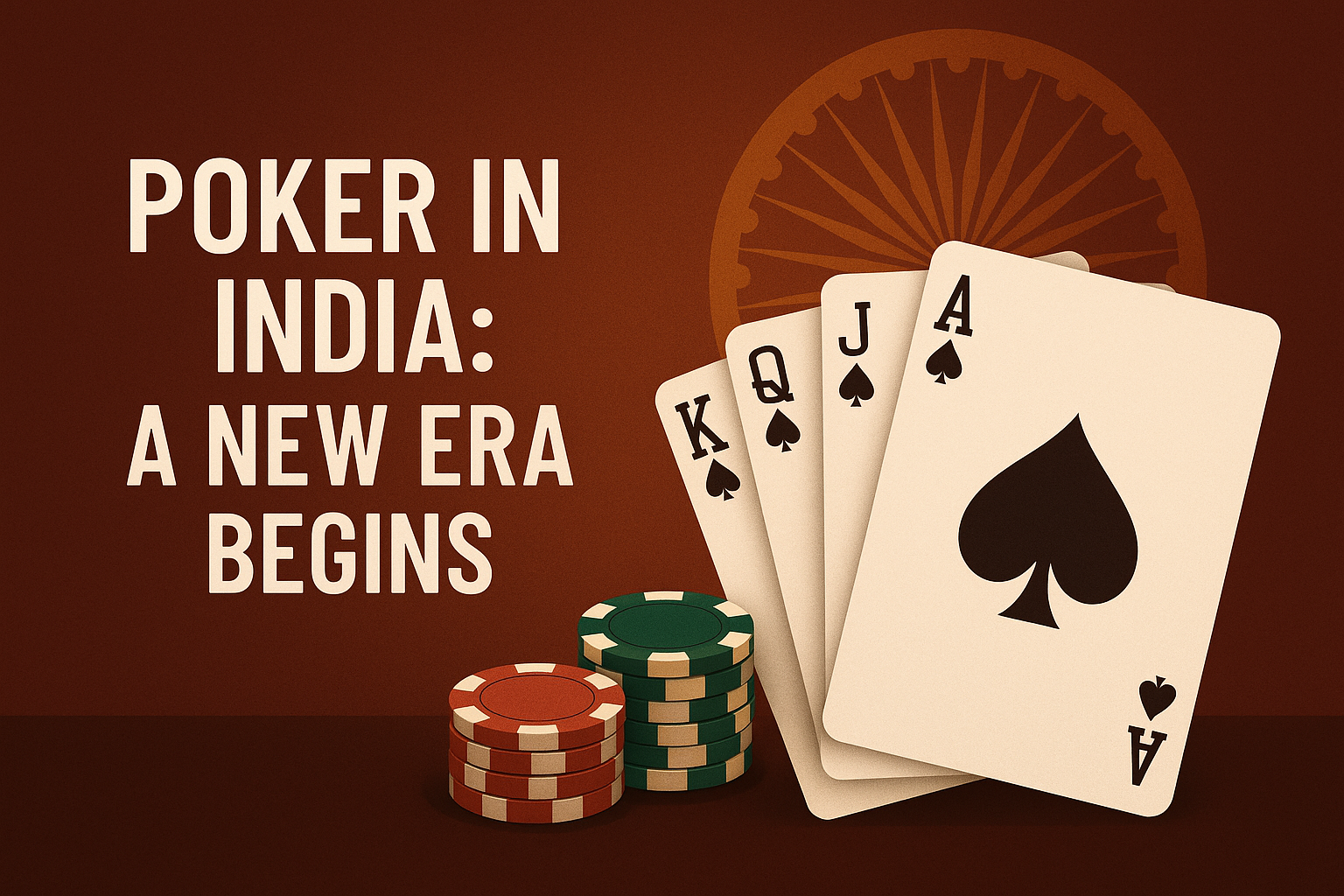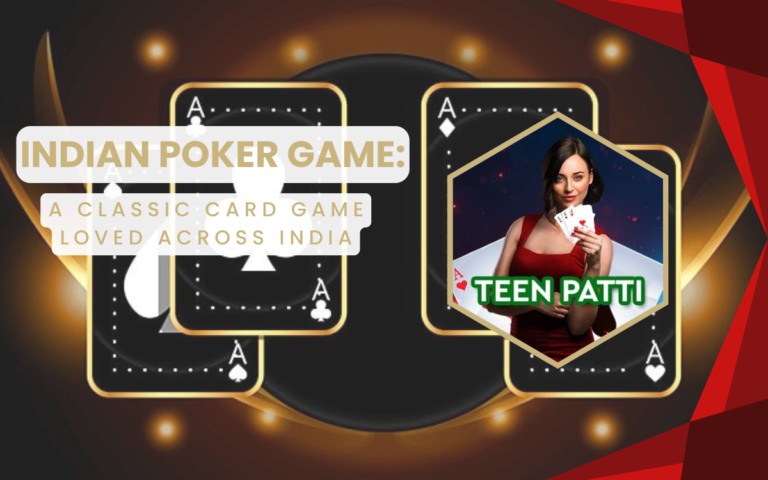The Rise of Poker in India: A New Era of Mind Sports
Poker in India, once perceived as a pastime associated with playing, has undergone a significant transformation. Today, it stands recognized as a legitimate mind sport, paralleling disciplines like chess and bridge. This evolution reflects a broader shift in perception, infrastructure, and legal frameworks, positioning poker and Rummy games as games of skill and strategy in the Indian context.

1. Official Recognition as a Mind Sport
A pivotal moment in poker’s journey was its official recognition by the International Mind Sports Association (IMSA) in November 2024. This acknowledgment places poker in India alongside esteemed mind sports, emphasizing its reliance on mental acuity, strategic decision-making, and psychological insight.
Navkiran Singh, CEO of PokerBaazi, highlighted the significance of this milestone: “We are grateful to the International Mind Sports Association for officially recognizing Poker in India as a Mind Sport. This milestone is the result of years of combined efforts by a global community that has always known Poker in India is more than just a game—it’s a sport of skill, strategy, and intellect, much like Teen Patti Stars“.
2. Legal Developments and Judicial Support
The legal landscape in India has increasingly acknowledged poker as a game of skill. In September 2024, the Allahabad High Court delivered a landmark ruling, declaring that poker and rummy are games of skill rather than gambling.
This judicial recognition aligns with the broader trend of differentiating games of skill from games of chance, providing a more supportive environment for poker in India enthusiasts and professionals.
3. Technological Advancements and Online Platforms
The proliferation of affordable internet access and smartphones has catalyzed the growth of online poker platforms in India. Companies like PokerBaazi and MPL Poker have capitalized on this digital revolution, offering secure and user-friendly platforms for players.
These platforms have democratized access to poker in India, allowing players from various regions to participate in tournaments and cash games, thereby fostering a vibrant online poker community.
4. Emergence of Professional Poker Leagues
The establishment of professional poker leagues has further legitimized the sport in India. The Poker Sports League (PSL), for instance, has introduced a team-based competition format, attracting both amateur and professional players.
Such leagues not only provide a competitive platform but also contribute to the sport’s visibility and popularity, drawing parallels with other professional sports leagues in the country.

5. Celebrating Poker Achievements
India’s poker scene has witnessed remarkable achievements, with players gaining international recognition through competitive online poker tournaments. Nikita Luther, for example, became the first Indian female poker player to win a bracelet at the World Series of Poker in 2018.
Domestically, events like the National Poker Series India 2025 have showcased the depth of talent in the country. The series concluded with over 600,000 entries and awarded prizes totaling more than INR 108 Crore, underscoring the sport’s growing appeal.
6. Integration with Entrepreneurial Ecosystems
Poker’s strategic nature has found resonance within India’s entrepreneurial circles. The inaugural Founder Poker Series brought together startup founders and business leaders, emphasizing the game’s parallels with entrepreneurship—risk assessment, strategic planning, and decision-making under pressure.
This integration highlights poker’s relevance beyond traditional gaming contexts, positioning it as a tool for skill development and strategic thinking.
7. Institutional Support and Advocacy
Organizations like the All India Gaming Federation (AIGF) and the Skillhub Online Games Federation (SOGF) have played instrumental roles in advocating for poker’s recognition and regulation.
Their efforts encompass policy advocacy, standardization, and promoting responsible gaming practices, contributing to a more structured and supportive environment for poker in India.
8. Cultural Acceptance and Changing Perceptions
The transformation of poker’s image in India reflects broader cultural shifts. From being played in informal settings, poker has transitioned into a respected mind sport, attracting players from diverse backgrounds.
This change is indicative of a society increasingly valuing skill-based games and recognizing the cognitive demands of poker.
Conclusion
The ascent of poker game in India epitomizes the convergence of legal recognition, technological innovation, and cultural acceptance. As the sport continues to evolve, it promises to offer opportunities for skill development, professional growth, and international acclaim. With sustained support from institutions, platforms, and the community, poker is poised to solidify its status as a premier mind sport in India.








